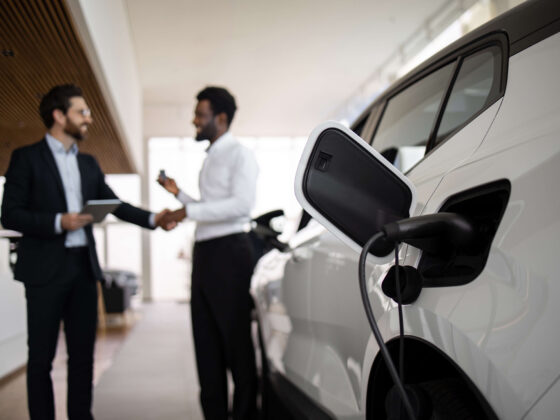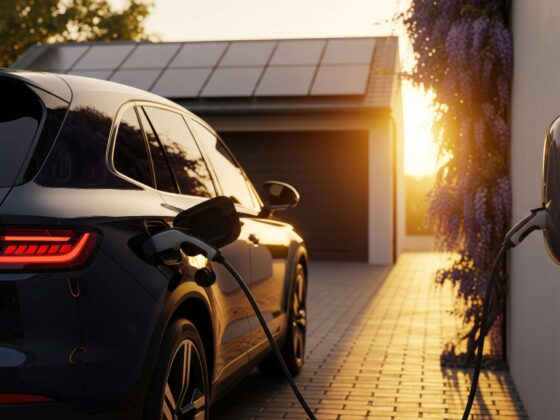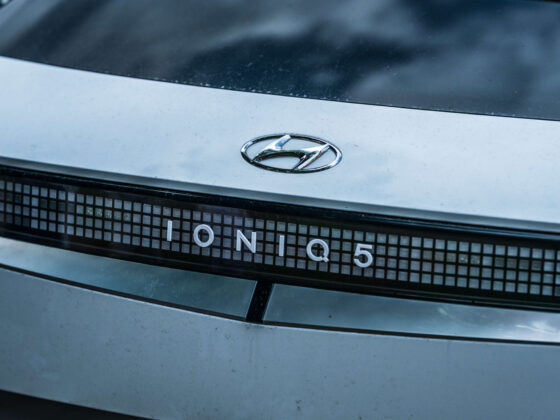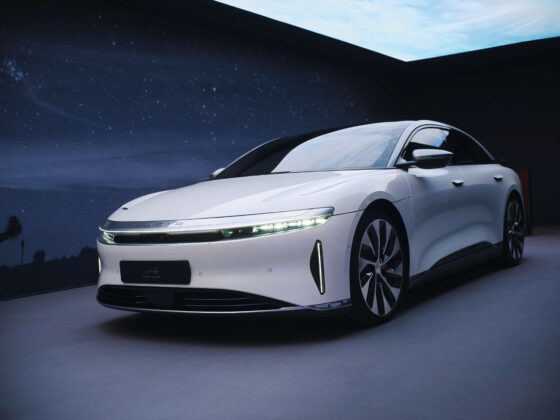Fair warning: we’re going to hit on a hot topic in today’s article. Why, you ask? Because we love to stay up to date and in the know here at eTags. And because the world of automobiles and all things automotive is kind of (or, totally) our thing. So regardless of how hot-button-y a subject is, we’ll probably dive headfirst into it. Not that you’d expect anything less of us; we champion transparency and honesty both within our own company culture and out beyond our team in the world at large.
Use eTags© to Quickly Complete Your DMV Service. Renewals, Title Transfers and More, All Online!
So let’s jump in here without further ado. Today we are going to explore the pros and cons of electric vehicles (EV’s). And while we take no stance on either side of the ongoing debate, we strive to present all the important elements as we understand them.
What is an Electric Vehicle?
An EV is a car (or other automobile) powered by an internal battery that is charged by an external source. There are two main types of EV’s:
- A vehicle powered exclusively by its battery and an outside electrical source
- A hybrid vehicle, which uses both an internal (gas-powered) combustion engine, as well as a battery that can be plugged in and charged.
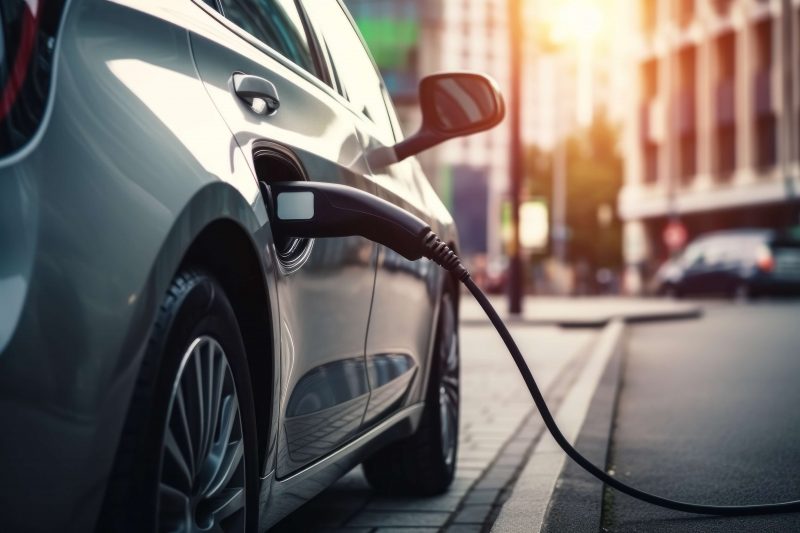
What are the benefits of choosing a fully electric vehicle?
Well, there are several. Here are the main advantages to choosing an electric vehicle:
- Reduction in emissions. Because EV’s rely solely on electricity (as opposed to fossil fuel) for their power, what they end of burning has no polluting effects on the environment. Meaning, a fully electric vehicle has no tailpipe emissions. And those emissions are a pretty significant source of pollution in the U.S., so avoiding adding to the smog is definitely a benefit.
- Electric cars are energy efficient. Let’s say you fill your tank with gas. In a conventional vehicle, you will only be able to convert 17-21% of that fuel into energy. Whereas in an EV, the car will take 59-62% of that energy into conversion. Basically, EV gives you more energy bang for your buck.
- High performance and low maintenance. EV’s tend to be excellent on pickup and are easy to control because they are generally quick to respond. Also, driving an EV means a lot fewer trips to the mechanic, skipping regular appointments for oil changes and all the moving parts associated with a gas-fueled engine.
Right. So what are the disadvantages of buying an EV, you ask? Are there any, you may wonder.
And the answer is: yes, there are cons to electric vehicles.
- EV’s don’t boast the same distance capability as conventional autos. With the average electric vehicle only able to travel 60 – 120 miles per charge, your notions of a long-distance road trip may be more of a dream than a reality. And while some top-of-the-line EV’s can manage 300 miles per charge, that number is only the average to be found with a gas-powered car. Many combustion engine vehicles can eke out nearly 600 miles on one tank of fuel!

- You know how it feels waiting for your phone to charge? Well, imagine charging an entire vehicle. Yep, this is a big factor to consider when deciding whether or not you want to buy and EV. Ordinary charging stations will have you wait up to eighty (yes, 80) hours in order to fully recharge your whole battery pack. But that’s a full charge. Normally you can get up to an 80% top up at a fast-charging station in about thirty minutes. This (along with the first caveat of distance limitation) means more planning, more forward thinking. At least until charging stations become as ubiquitous as gas stations…
- EV’s tend to come with a little sticker shock. On average, a new EV can cost up to $17,000 more than a standard vehicle. Up front, it’s a lot to shell out. Advocates of EV’s, however, will remind you that once the initial output of dollars has been spent, you are likely to then save a lot of money on maintenance and gas, since EV’s are lower maintenance and require no gasoline.
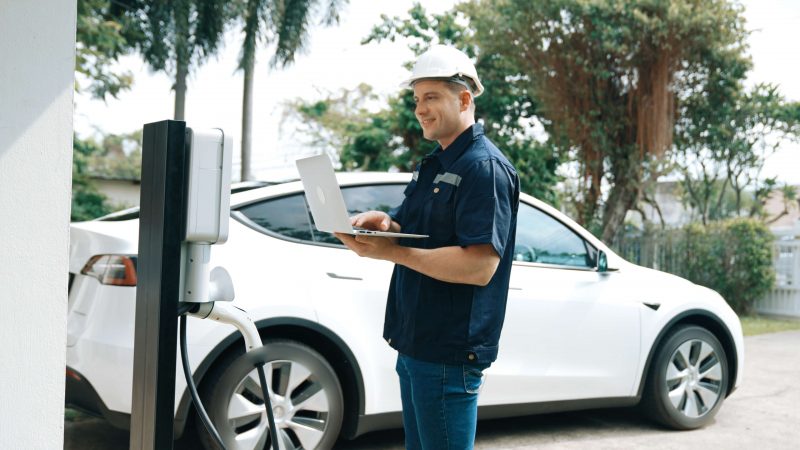
Okay, but what about hybrids? We can’t forget the hybrids. We shall not forget the hybrids!
Hybrid (gas + electric) vehicles come with many of the same benefits as their fully electric cousins.
Here are the pros:
- Energy efficiency. They convert more power than gas-only cars.
- Fuel efficiency. They consume less gas than conventional fuel-powered cars.
- Less emissions. Less gas usage equals less nasties being loosed into the environment.
- Win-win. For folks who want to take advantage of all the above points, but still need to drive their car long distances, having an internal combustion engine will allow them to do this.
- This-for-that. When the battery gets low, the fuel can charge it. So when you’re stopped at the next red light and you don’t need to run on gas, your newly charged battery (which charged from the fuel) can take over.
And the cons:
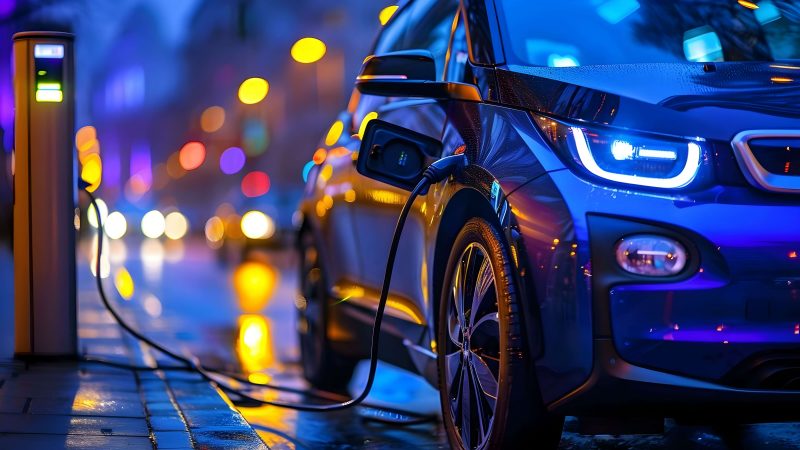
- Hybrid batteries are smaller than full EV batteries, meaning they will run out of juice faster.
- The battery still takes long to charge. Longer than a gas fuel-up, for instance. By longer, we mean several hours.
- Charging stations are nowhere near as common as gas stations, thereby making charges a bit of an ordeal if you don’t have a charger at home.
- Hybrids, while not as pricey as full EV’s, still flaunt a higher sticker price than conventional models. This may even out with usage, but the initial payout is still significantly higher.
The debate continues, with some folks parked firmly in one camp or another, and some just avidly curious. For those really interested in diving deep into either or both sides of this coin, there are factors to consider such as the sourcing of oil for fuel versus the sourcing of minerals for batteries. Elements such as human rights, environmental impact, social justice, politics, and EMF to think about as well. But for now, you’ve got the most asked (and answered) details about electric vehicles. Happy shopping….or researching!



